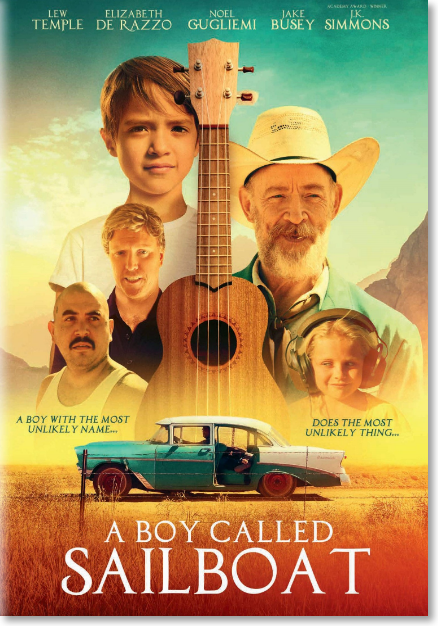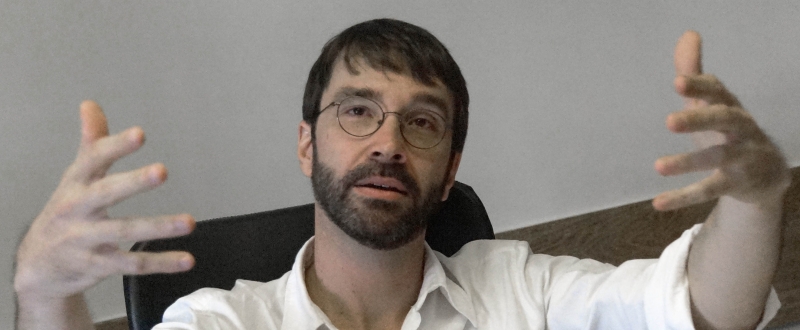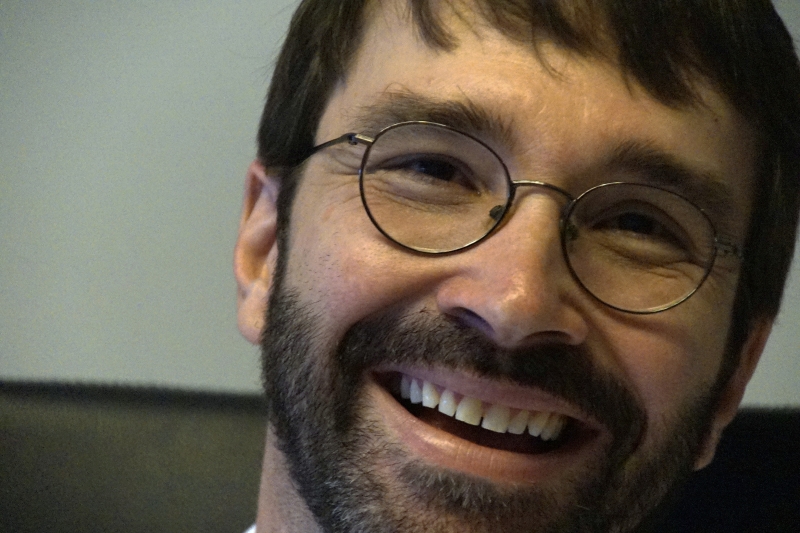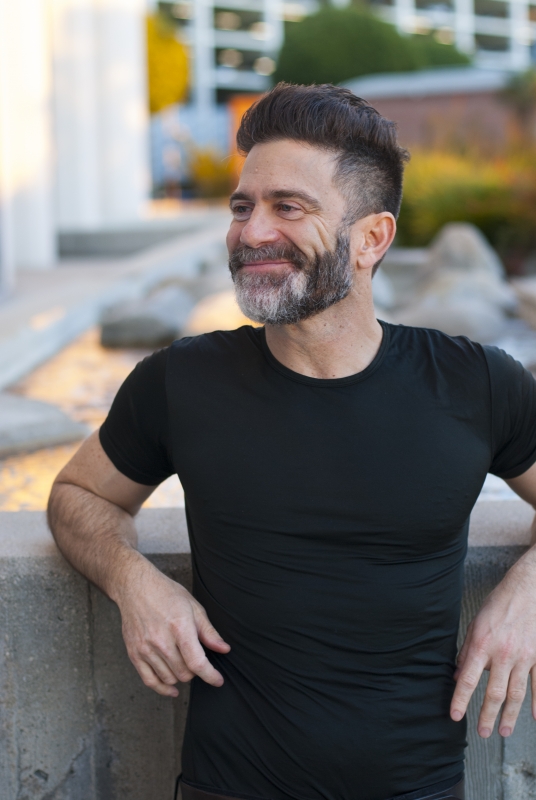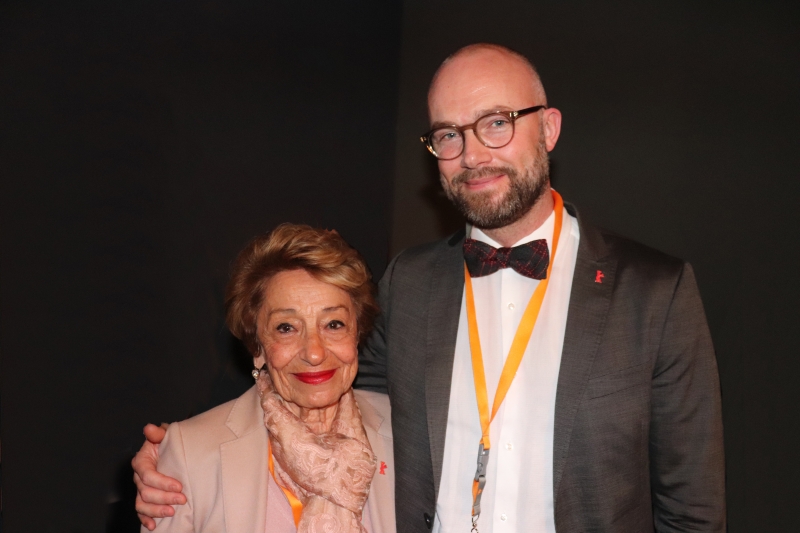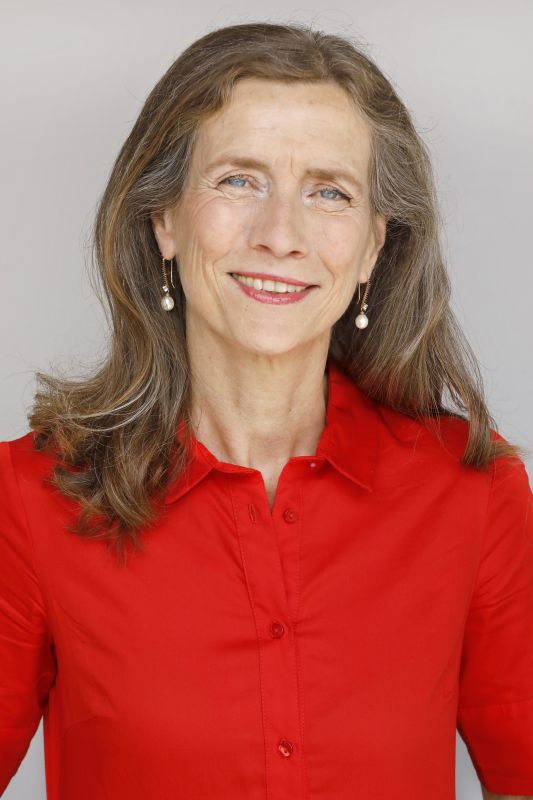|
|
||
|
Pro Tools
FILMFESTIVALS | 24/7 world wide coverageWelcome ! Enjoy the best of both worlds: Film & Festival News, exploring the best of the film festivals community. Launched in 1995, relentlessly connecting films to festivals, documenting and promoting festivals worldwide. Working on an upgrade soon. For collaboration, editorial contributions, or publicity, please send us an email here. User login |
Berlinale Retrospective 2016: “Germany 1966 – Redefining Cinema”
The Retrospective of the 66th Berlin International Film Festival is dedicated to the year 1966, a turning point in German cinema dating back fifty years. An atmosphere of change prevails: in the West, auteur filmmakers challenge the contradictions of the economic miracle, in the East, young directors question everyday life under socialism. The New German Cinema manages to make an international breakthrough, whereas in East Germany, as a result of the 11th plenum of the Central Committee of the Socialist Unity Party (SED) in December 1965, almost half of all DEFA feature films intended for theatrical release in 1966, are banned. With that abrupt end to concurrent developments, opportunities for mutual appreciation were also lost. The Retrospective aims to counter that with its overview of films from both sides. “The year 1966 stands for extraordinary films in the West and the East, films which broke new artistic ground. The Retrospective 2016 shows the audacious revolt and tentative exploration in a time of transition”, remarks festival director Dieter Kosslick. The Retrospective includes around 20 East and West German feature and documentary films from cinema and television. Additionally, more than 30 films of short and medium length - a typical format at the time - will feature in film programmes and as supporting films. Four years after the authors of the Oberhausen Manifesto proclaimed “The old film is dead. We believe in the new one”, the New German Cinema for the first time receives critical acclaim at important film festivals: The Berlinale awards Peter Schamoni’s debut Schonzeit für Füchse (No Shooting Time for Foxes, West Germany 1966) with a Silver Bear, Volker Schlöndorff’s film Der junge Törless (Young Törless, West Germany / France 1966) receives the film critics prize in Cannes, while Alexander Kluge’s Abschied von Gestern (Yesterday Girl, West Germany 1966) wins the Silver Lion in Venice. By contrast, DEFA productions that openly question the contradictions of so-called ‘real existing socialism’, are banned and in most cases première only years or even decades later. Two of such ‘forbidden films’, Hermann Zschoche’s Karla (Carla, East Germany 1965/1990), and Jürgen Böttcher’s Jahrgang 45 (Born in ’45, East Germany 1966/1990) will be shown at the Retrospective. Presenting these films in their censored versions, as they were when they were aborted, as well as how they were eventually released in 1990, will reveal the discrepancy between the two. A short documentary by Kurt Tetzlaff will also be shown in two versions: Es genügt nicht 18 zu sein (censored version: Guten Tag – das sind wir, both East Germany 1966). But as different as conditions may have been, the auteur films from the West and the studio productions from the East have much in common. The protagonists are drifters, rebels or searchers. Like the dockworker, who roams the streets of Hamburg on a sleepless night (Jimmy Orpheus, Roland Klick, West Germany 1966). Or the rebellious brigadier Balla in Spur der Steine (Trace of Stones, Frank Beyer, East Germany 1966), a film that ran in the cinemas for only three days before it too was banned. Or Helene Raupe in Fräulein Schmetterling (Miss Butterfly, Kurt Barthel, East Germany 1965 / Germany 2005), who longs for self-realisation. The film was censored and never completed. Using an experimental form, it contrasts Helene’s unadorned day-to-day life and her professional defeats with her fantasy world.
For most of the female protagonists of the DEFA films, it is normal to have a career, not so in the West. Along with contraception, abortion and adultery, these are issues that are openly addressed by female protagonists in Es (Ulrich Schamoni, West Germany 1966), Playgirl (Will Tremper, West Germany 1966) and Mahlzeiten (Lust for Love, Edgar Reitz, West Germany 1966/67). From 1966, the founding of the German Film and Television Academy Berlin (dffb), as well as other film schools, leads to a professionalisation of film education in West Germany. As a consequence, young women directors, who will go on to shape German cinema, make their mark with their first works. “It was important to us to include early short films by directors such as Jeanine Meerapfel, May Spils, Helke Sander, Ula Stöckl and the DEFA documentarian Gitta Nickel in our programme”, says Rainer Rother, Head of the Retrospective and Artistic Director of the Deutsche Kinemathek. For the Retrospective, Bertz + Fischer Verlag will publish a richly illustrated book in German, including essays by renowned authors, as well as historical documents and photos, some of which have hitherto not been published. For the first time, the Program Gallery of the Deutsche Kinemathek - Museum für Film und Fernsehen will be supplementing the Retrospective with a special exhibition, showcasing a wide selection of TV programmes from the year 1966. The Retrospective film programme will once again be complemented by numerous events at the Deutsche Kinemathek. The Museum of Modern Art, New York, has been a partner of the Retrospective since 2011 and will be presenting the films in April 2016. For the third year running, the Retrospective and Homage will be supported by their section partner, the long-established watch manufacturer Glashütte Original, a co-partner of the Berlinale since 2011. Special thanks for their support also go to German Films and the partners of this year’s programme, the DEFA Foundation and the Federal Film Archive. 17.11.2015 | Berlin's blog Cat. : FESTIVALS
|
LinksThe Bulletin Board > The Bulletin Board Blog Following News Interview with EFM (Berlin) Director
Interview with IFTA Chairman (AFM)
Interview with Cannes Marche du Film Director
Filmfestivals.com dailies live coverage from > Live from India
Useful links for the indies: > Big files transfer
+ SUBSCRIBE to the weekly Newsletter Deals+ Special offers and discounts from filmfestivals.com Selected fun offers
> Bonus Casino
User imagesAbout Berlin Chatelin Bruno Chatelin Bruno |



















